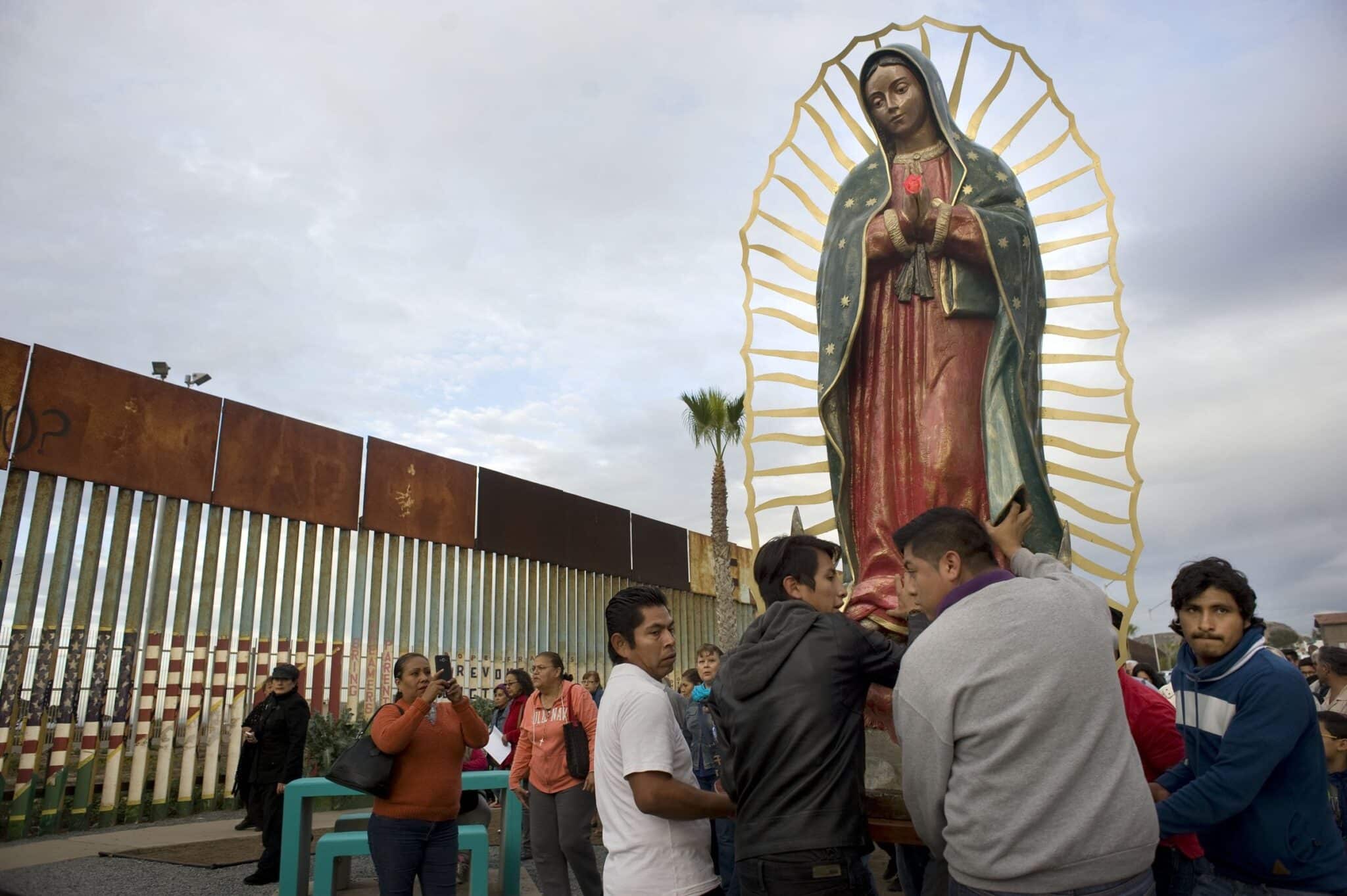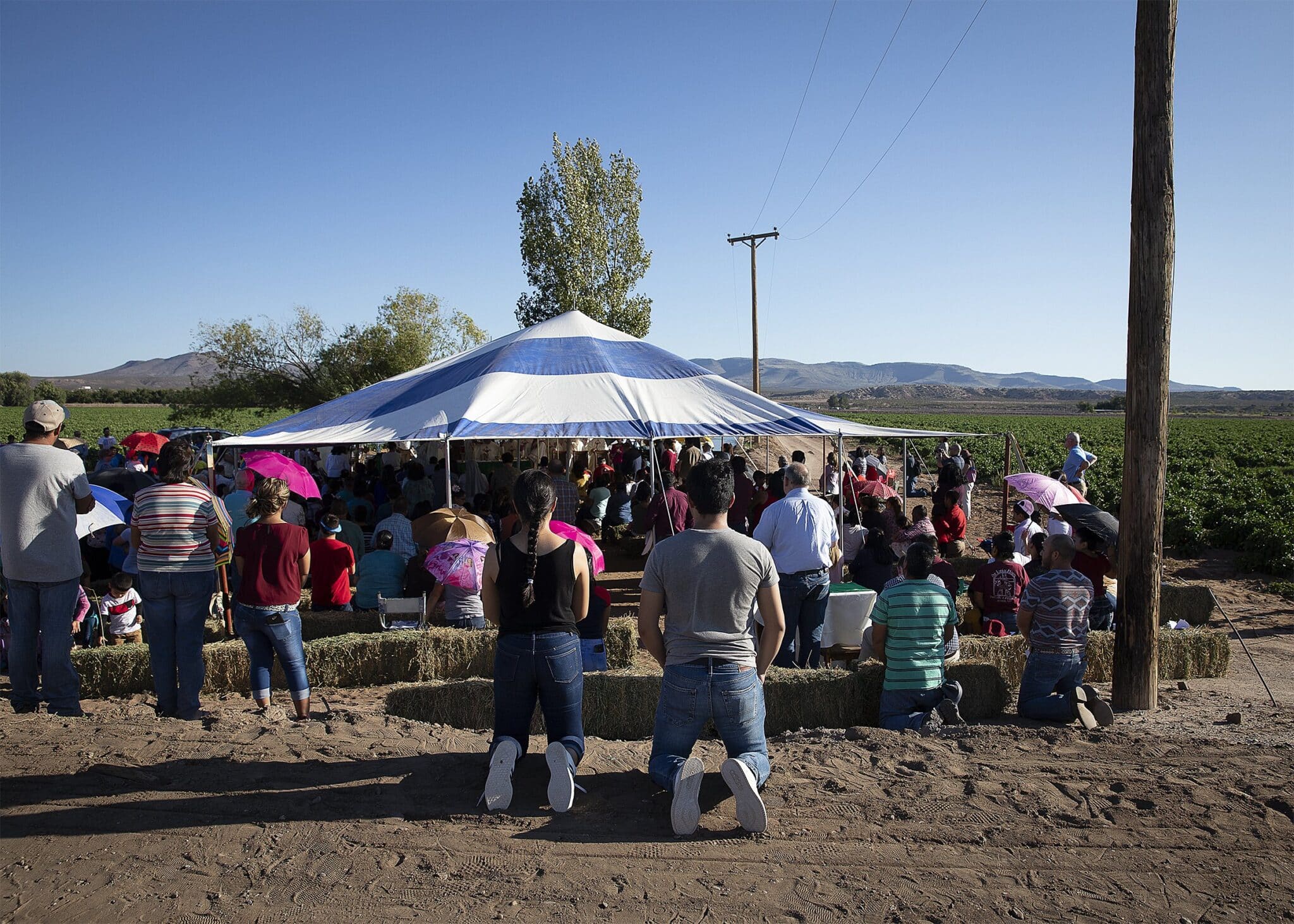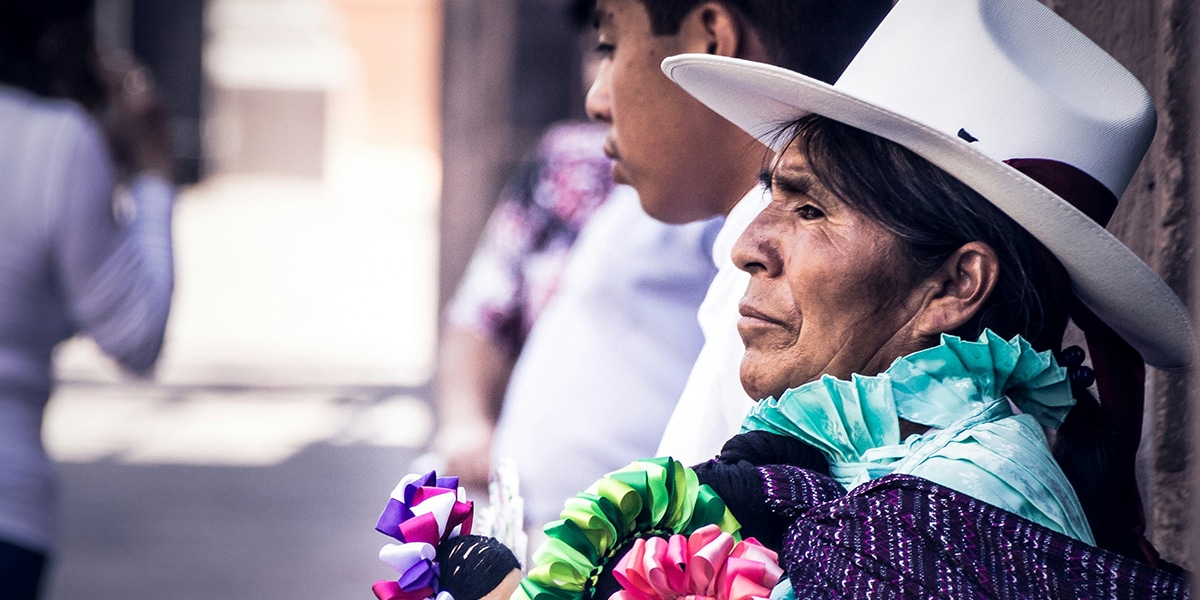It is said that when Rene Descartes, one of the philosophical fathers of modern science, vivisected a dog (dissected it alive), he paid no attention to its cries. He didn’t bother with any anesthesia for the animal; it was, to his mind, merely a machine. It had no soul, no real spirit—the whimpers and howls the dog let out as it was cut open were to Descartes like the creaking of an ungreased wheel.
This is quite a different view than that of the psalmist who saw the breath of God as the breath of life—no different whether human or animal. An ancient Hebrew might kill an animal, but he would never pretend that it was without a spirit. He knew, and felt beholden to the knowledge, that this was another creature of God’s making and God’s breath: “When you take away their breath, they die and return to their dust. When you send for your spirit they are created; and you renew the face of the ground” (Psalm 104:29b–30).
We would like to think that we are better than Descartes, more “enlightened” than this founding member of the Enlightenment, but our common attitudes are closer to Descartes’s than to the psalmist’s. Go to any grocery store, and you will see the proof.
The meat there, most of it (if not all of it in any conventional store), will be from animals raised in spaces not unlike factories. The animals will have been regarded as “production units” and “protein solutions,” but never as living things other than their basic needs for water, food, and enough health to make it to slaughter. Most of this meat is disguised, separated from the animals to which the flesh once belonged. For a time, I raised chickens on pasture and sold them at a farmers market. I had customers complain from time to time that these whole chickens looked too much like chickens. This is where we are.
The human bodies that this meat of animal machines will feed will be treated little differently. They too will be regarded as machines, spirited machines, but machines all the same. The human person was to Descartes’s mind and many after him a divided reality—an eternal soul and a machine-like body. Only the soul was of any importance—the body simply required regular maintenance, like a car.
E.O. Wilson, a scientist based at Harvard, echoes Descartes’s model, but would delete the soul from the equation. A thoroughgoing naturalist, Wilson writes that, “People…are just extremely complicated machines.”

All good work should connect us—
bodies and souls, creatures and creation.
But reducing us—all living creatures—to machines causes damage. This damage is clear in the factory farms where animals are treated as machines, breaking away from any humane standard of care. It is also clear in those who eat such animals, their own health damaged by the machine model that denies our common creaturely life. But rather than working to reconnect our bodies within the whole of the creation, restoring soul and place and membership to their life, our modern “health” systems rely on the same machine metaphors, the same divisions and reductions that began the disease.
This separation of the body from the soul, from its mysterious life and breath (spirit), leads inevitably to disease and unrest. Without such outside reference, the body is left alone—disconnected from the community, soul, friendships, creatures, and contexts in which it can be whole.
By growing food, we make connections and shorten the distance between them. To eat a tomato grown from my own garden is to receive the product of work but also the gift of grace, and as such, it reminds me of this exchange of gifts in all creation. Our work only ever goes so far; we are dependent upon the work of worms and microbes, we are dependent upon the work of rot and compost, we are dependent on the slow work of wind and rain, the movements of silt and sand over the eons of geologic time. And we are dependent too on our work, on our care in balance with these gifts. We hunger as we work and at the end of the work our hunger is satisfied—we grow food and we eat it.
This is what all good work should do. It should connect us—bodies and souls, creatures and creation. This connection is not simply a support for a disconnected life, but instead is life. Look at it that way and it becomes clear: The earth and the creatures on it are in unison.
Love is the life of gift; it is as St. Paul says (1 Corinthians 13)—patient, kind, never insisting on its own way. Work as love, in the way of love, must then also embrace patience, kindness, and generosity. Hasty work that seeks to turn a profit today on a product that will soon be gone does nothing to bring the body home, it uses the body as a “tool” just as it uses the world—converting the creation into abstract cash. Good work uses the world and our bodies, it employees them, but it is directed toward connection, toward the settled life of home.
Good work gives the body pleasure, a reality that has always accompanied love and connection. Good work also gives the body rest because it allows it to live in the grace of the world. It is in the work of our bodies that we are able to find our living connection with the creation and it is with pleasure that we find that connection lovely. It is here that we must live if we are to become again what we were made and given, creatures born of love.
Happy Earth Day to all!








